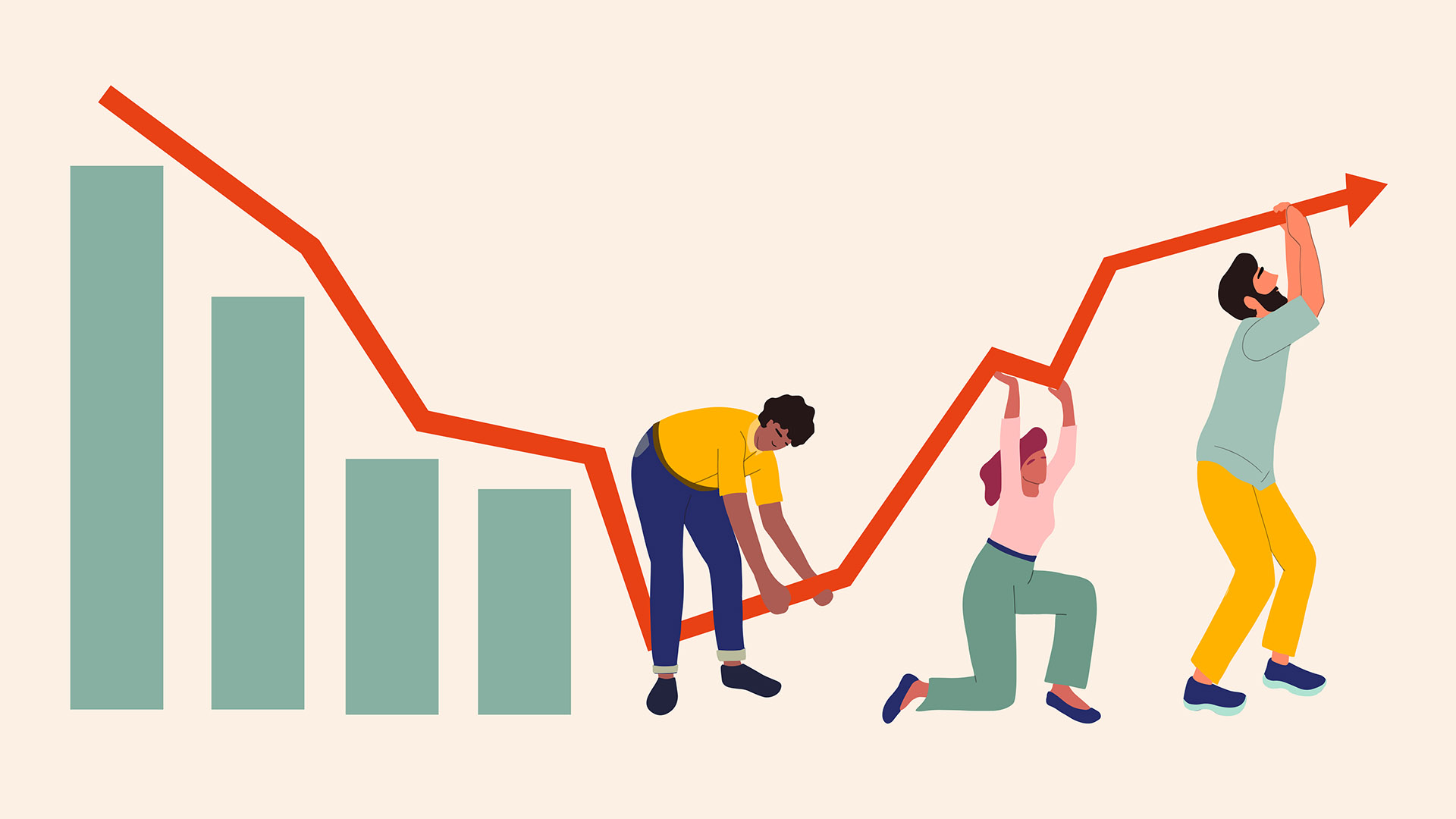This has been a difficult and distressing week for the author community. The fallout from the online conversations about Kate Clanchy’s book has raised many complex and important issues which we care about deeply, involving dignity and respect, racism, freedom of speech, bullying, privilege, and the right to tell stories.
We have seen the impact on authors who have spoken out so eloquently then had to endure such an array of responses. We see the deep hurt that this has caused.
We believe passionately in inclusivity across publishing and all creative industries. We know that for many authors, this is not what they experience. There are systemic barriers in place that continue to harm the careers of authors of colour, as well as those from working class backgrounds, those living and working with disabilities and chronic illnesses, and others who are underrepresented within the industry and who find themselves excluded in practice.
We hope that our members have seen the SoA change over recent years as we work to become a more inclusive organisation in all our work. But as Professor Sunny Singh wrote on Twitter on Monday, ‘UK publishing is a hostile environment for writers of colour. This is a structural issue not an individual one. However, it is perpetuated and reinforced by individuals and organisations.’
We have no intention of being one of the organisations that perpetuates it.
As an organisation our expertise lies in small print: vetting contracts, lobbying government, giving grants and prizes. We have raised and paid out over £1,500,000 to authors in need during the pandemic and we continue to lobby on financial support, a better copyright regime and issues around Brexit.
But we are also a community, representing more than 11,500 authors of all types and from all backgrounds. However uncomfortable we might sometimes find it, we do not comment on what they should or should not write, draw, perform or translate. Philip Pullman is halfway through his second and final five-year term as SoA President. President is an honorary position only: he does not play any part in the governance of the SoA (Joanne Harris is the Chair of the democratically elected Management Committee, who set our strategic direction). Philip wrote his comments as an individual, not in the name of the Society of Authors.
But while we do not comment on members’ work and statements, we do ask authors and the wider creative community to be mindful of privilege and of the impact of what they create, do and say. We work in industries rich in privilege. As an organisation and as a community, we need to find ways to help rebalance that. The way we approach such issues is as follows:
- We condemn any kind of racist, hate or unprofessional speech. We have a professional code of behaviour, outlined in our Dignity and Respect policy and the cross-industry Commitment to Professional Behaviour in Publishing (please find that document available to download at the bottom of this page). We would encourage any member to make a complaint under this policy if they are concerned about another member’s behaviour.
- We do not get involved in individual debates – or in disputes between authors.
- While we deplore bullying, trolling and ad hominem remarks, we don’t usually speak out publicly on individual cases of trolling, especially if we have not been asked by the author to do so, and particularly on social media which is not a sufficiently nuanced forum for such debates. However, we will always provide private support for authors targeted.
The SoA works hard to protect and support its members and to work for inclusivity, better representation and professional standards of discourse.
We are at our most effective when the wide author community feels supported by us and comes together to support what we do.
But the ‘wide author community’ must include every author. If it doesn’t, then we need to do more, to include more. So please, keep telling us when we get things wrong. Challenge us to be better.





